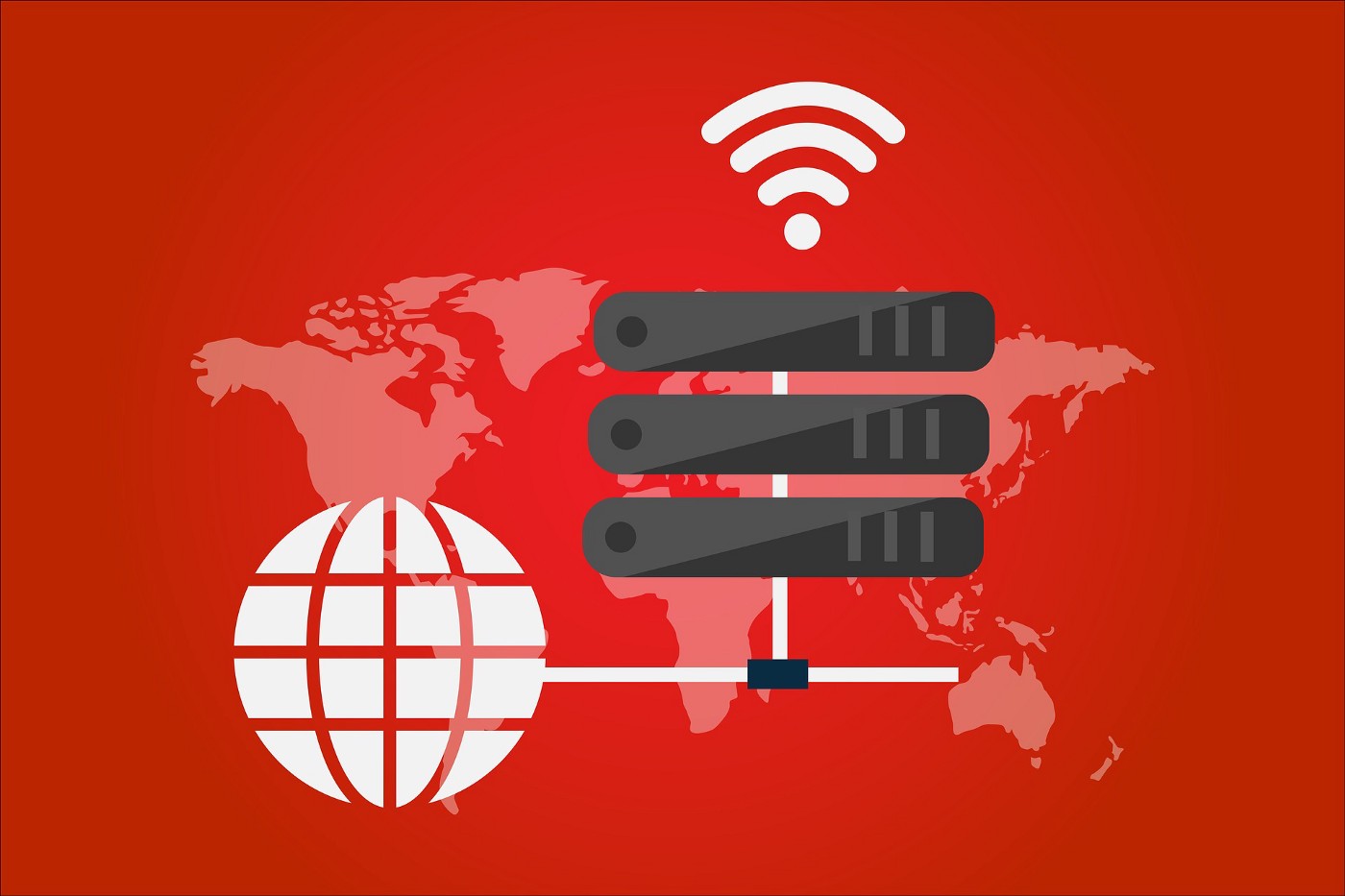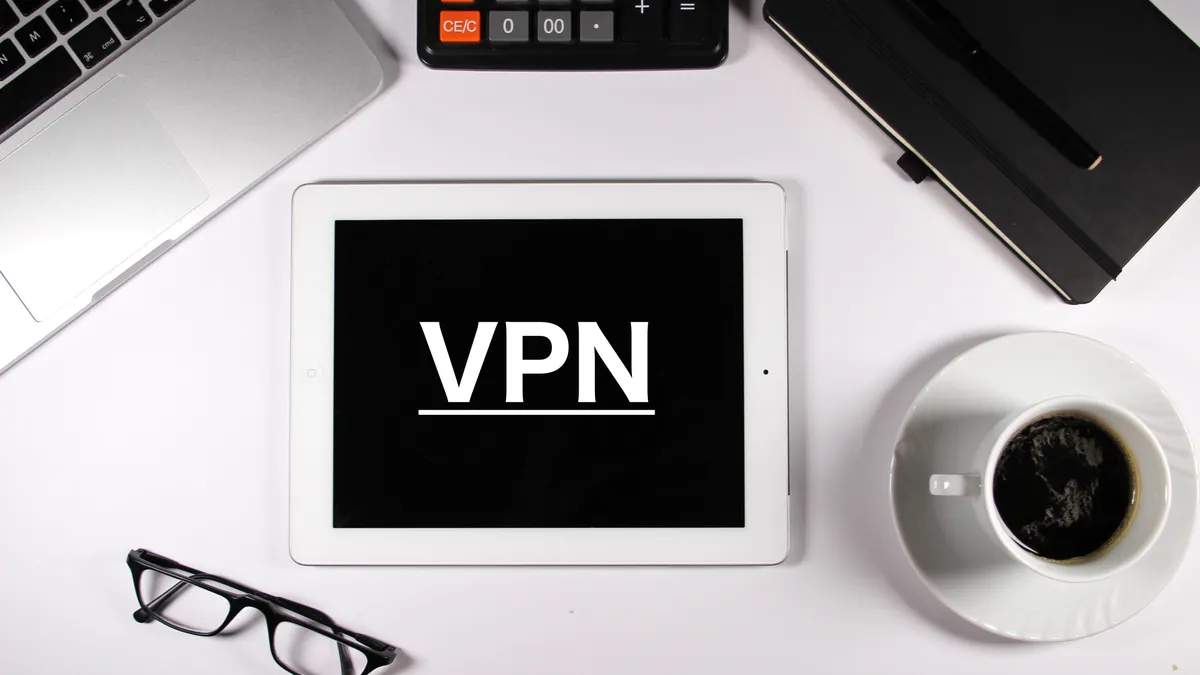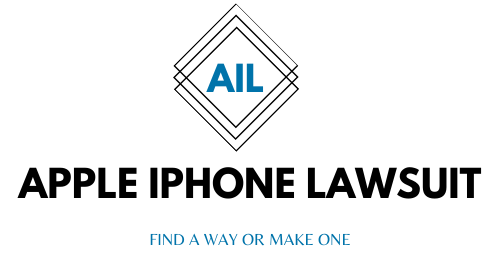When it comes to choosing the right VPN for your needs, there can be a lot of confusion. This guide will help you understand the different types of VPNs and what they do for you. Additionally, this guide will provide tips on which VPN is best for your specific needs. One of the most popular VPN is Avast VPN, but before choosing, you can check the reviews like Avast VPN Review. After reading this guide, you’ll be able to choose the best VPN for your needs and protect yourself from any potential cyber threats!
What is a VPN.
A VPN is a computer security service that allows users to encrypt their traffic and access the internet without being tracked. This can help protect your privacy, as well as enable you to access blocked sites or content.
VPNs are available in many different types, including free and paid versions. Some of the benefits of using a VPN include:
- Increased security while online
- Unrestricted access to websites and applications
- Reduced anxiety when traveling because you won’t be worried about being monitored or hacked
- No logs of user activity are kept by the VPN provider
- Can be used on any device and platform
What Different Types of VPNs Are Available.
There are many different VPNs available, each with its own set of benefits and drawbacks. Below are some of the most common types of VPNs:
- PPTP (Point to Point Tunneling Protocol)
- L2TP/IPsec (Layer Two Tunneling Protocol/Internet Protocol Security)
- SSTP (Secure Socket Layer)
- IKEv2 (Insecure Kerberos v2)
- OpenVPN (OpenSSL)
- L2TP/IPsec over TLS (Layer Two Tunneling Protocol/Internet Protocol Security over TLS)
- PPTP over IKE (Point to Point Tunneling Protocol over IKE)
- SSTP over IKE (Secure Socket Layer over IKE)
- IPSec VPN (Internet Security Shield)
- SonicWall L2TP/IPSec VPN
What You Need to Know About VPNs.
Before you can start using a VPN, you first need to understand how it works. This section provides a brief overview of the basics of VPN technology and what you need to know in order to use one.
In order to use a VPN, you must first connect your computer to the internet. Once connected, your computer will create a security connection with the VPN provider. The VPN then encrypts your traffic and sends it through the internet into another location. Your data is then safe from prying eyes and can be access by anyone without needing any special privileges.

You can find more information about different types of VPNs on their websites or within the instructions provided with the product. Some common questions that people ask aboutVPNs include:
- How does my ISP know where I am?
- Can I torrent while using a VPN?
- Is my privacy protected when using a VPN?
How to Choose the Right VPN for You.
VPN services protect your online identity and security, allowing you to access the internet anonymously. VPNs are a great choice for people who want to stay anonymous online and protect their privacy. However, not all VPNs are created equal, so it’s important to choose one that will fit your specific needs.
To find out which VPN is right for you, first ask yourself some questions:
- What activities do you want to shielded from the prying eyes of other internet users? For example, if you want to stream Netflix without being tracked or tracked by copyright holders, then a VPN would be ideal.
- How important are your privacy concerns? Do you want the ability to chat privately with friends or family without fear of them knowing about your location or activities? If so, then using a VPN may be more important to you than safeguarding your online identity and privacy.
- Are there any potential risks associated with using a VPN? Are any of its features dangerous or harmful? If so, are there ways to uninstall or disable these features before visiting a specific website or streaming service?
- What kind of technology does the VPN use (IPv4 or IPv6)? IPv4 is more common in the world and can be used on most devices; however, IPv6 is becoming more popular as it offers greater security and resilience against attacks from unidentified government agencies and hackers.
- Is the provider registered with any relevant authorities? Do they have an Tak letter from an independent safety testing authority? A good provider should have all of these approvals in order to ensure that their products are safe for use.
VPNs in Use.
VPNs are used to protect your data and privacy when traveling. Many different versions of the VPN are available, some of which are listed below. The latest and best VPN software is always the most up-to-date, so it’s important to choose one that is compatible with your device and operating system.
How long will it take for the VPN to Start Working.
The average time it takes for a VPN to start working is about 10 minutes, but can be longer or shorter depending on the circumstances. You can check this by running the following command on your computer:
cran connect
This will give you a list of all connected devices in your house, including your computer. If the connection times out or takes too long to reconnect, then the VPN may not be working correctly.
Is the VPN Safe.
VPNs are considered safe if they don’t harm your device or data, and they have been found not to cause any major security breaches like leaking personal information or stealing private data like credit card numbers. However, it’s still important to use caution when choosing a VPN as there are many fake or untrustworthy Vaughn Hill CrimeVPNs out there – make sure you read what reviews say before signing up for one!
Is the VPN Fast.
Many people believe that using a fast and reliable VPN is essential for travel because it can help reducing anxiety and stress during long trips – both physically and mentally. A good example of how using a fastVPN can help reduce stress is if you’re travelling to an unfamiliar country with high levels of terrorist activity, having a fastVPN would keep you safe and secure while in that country.
How to Choose the Right VPN for You.
There are a number of different VPNs available on the market. This section provides an overview of each type and how they may be advantageous for your travel needs.
What are the Benefits of a VPN.
A VPN can provide you with security and privacy when travelling. By encrypting all your traffic, it can help to protect your identity and personal data from prying eyes. Additionally, by using a VPN you can access blocked websites and services, which is important if you plan on traveling to countries or regions where those services might be unavailable.
What You Need to Know About VPNs.
Before making any decisions about which VPN to choose for travel, you will need to understand some basics about virtual private networks (VPNs). In short, a VPN is a service that helps you connect to another computer or device through an intermediary, such as a server in another country or region. As such, it allows you to spoof your location and appear to be coming from somewhere else while still maintaining complete security and privacy – something that not many other travel-related activities allow for.

How to Choose the Right VPN for You.
VPNs are one of the most important pieces of travel security. Using a VPN can make your online activities private and secure, meaning anyone who knows your password or has access to your computer can’t track or invade your privacy.
There are a few things you need to know before choosing a VPN:
- How much data is stored on the provider’s servers?
- What kind of security features are included?
- Are there any restrictions on how you use the VPN?
- Is the providerBased in a country with strong privacy laws?
- Is the provider responsive and easy to work with?
In order to choose the right VPN for you, it’s important to understand how your specific needs will be met. In this section, we’ll explore five different types of VPNs and how they might fit into your travel plans.
VPNs in Use.
VPNs are a popular way to keep your online activity private. They can be used on computers, mobile devices, and even in some restaurants. The latest version of the VPN usually has the latest security features and is generally safe. However, it can take some time for the VPN to start working exactly as you expect it to.
How long will it take for the VPN to Start Working
It typically takes around 10 minutes for the VPN to start working correctly. If you experience any problems while using the VPN, check out our troubleshooting guide for more information.
